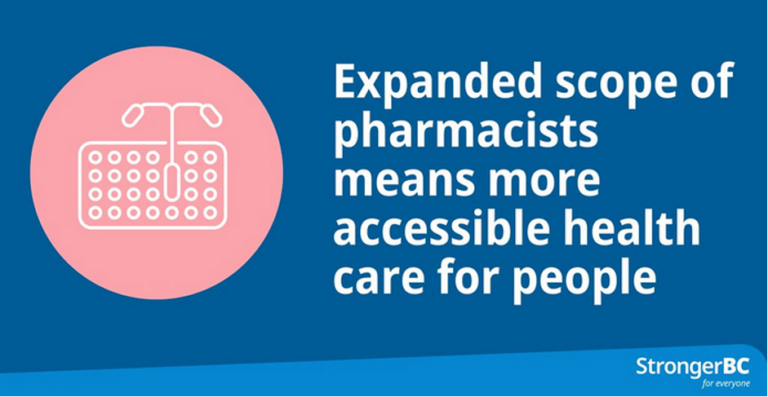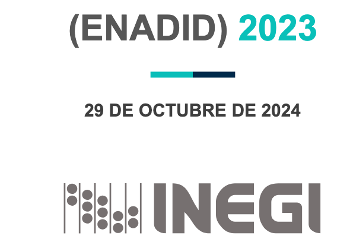UK: Lower prices for LNG EC
September 2020. The European Journal of Contraception and Reproductive Health Care highlights and provides open access to this paper from its latest issue: Qualitative findings about stigma as a barrier to contraception use: the case of Emergency Hormonal Contraception in Britain and implications for future contraceptive interventions Rachael Eastham, Christine Milligan & Mark Limmer. See…

December 2023. The Government of British Columbia (Canada) reported the results of the free contraceptive provision program, whichincludes LNG emergency contraceptive pills. Since April 2023, “more than 188.000 people received free contraceptives. This includes more than 123.000 people who received hormonal birth control pills, more than 30.000 people who received IUDs, and more than 37.000…

May 2025. The use of emergency contraception (EC) among women in Mexico has increased, according to the 2023 National Survey on Demographic Dynamics (ENADID), published by the National Institute for Statistics and Geography (Instituto Nacional de Estadística y Geografía, INEGI) last October. EC pills have been available in Mexico without a prescription for over two…
According to the World Health Organization, 25% of women in the European region experience physical and/or sexual violence by intimate partners at some point of their life, and 5% experience sexual violence from people who are not their partners. On the International Day for the Elimination of Violence against Women, we want to remind our…
A study published in September 2016 in the European Journal of Contraception & Reproductive Health Care looks at the characteristics and profiles of 1773 women who presented at an emergency service (ES) for a prescription of EC (mandatory until May 2015) in Italy. The study found that the mean age of the women was 26.0 years;…
February 2022. Since 2012, the European Consortium for Emergency Contraception (ECEC) monitors emergency contraception (EC) availability and accessibility in Europe, and maintains a country-by-country database to generate and disseminate knowledge. This open-access database is regularly updated thanks to the collaboration of partners and local experts to whom we want to express our deepest gratitude. ECEC…
Menú